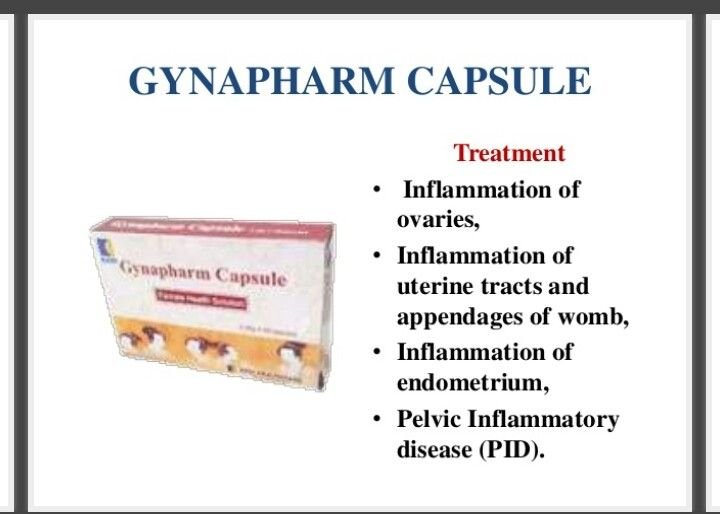Do you know you can take care of that Fibroid and leave a healthy life?
Lets talk about it:
What are fibroids?
Fibroids are the most frequently seen tumors of the female reproductive system. Fibroids, also known as uterine myomas, leiomyomas, or fibromas, are firm, compact tumors that are made of smooth muscle cells and fibrous connective tissue that develop in the uterus. It is estimated that between 20 to 50 percent of women of reproductive age have fibroids, although not all are diagnosed. Some estimates state that up to 30 to 77 percent of women will develop fibroids sometime during their childbearing years, although only about one-third of these fibroids are large enough to be detected by a health care provider during a physical examination. In more than 99 percent of fibroid cases, the tumors are benign (non-cancerous). These tumors are not associated with cancer and do not increase a woman's risk for uterine cancer. They may range in size, from the size of a pea to the size of a softball or small grapefruit.
What causes fibroid tumors?
While it is not clearly known what causes fibroids, it is believed that each tumor develops from an aberrant muscle cell in the uterus, which multiplies rapidly because of the influence of estrogen.
Who is at risk for fibroid tumors?
Women who are approaching menopause are at the greatest risk for fibroids because of their long exposure to high levels of estrogen. Women who are obese and of African-American heritage also seem to be at an increased risk, although the reasons for this are not clearly understood. Research has also shown that some factors may protect a woman from developing fibroids. Some studies, of small numbers of women, have indicated that women who have had two liveborn children have one-half the risk of developing uterine fibroids compared to women who have had no children. Scientists are not sure whether having children actually protected women from fibroids or whether fibroids were a factor in infertility in women who had no children. The National Institute of Child Health and Human Development is conducting further research on this topic and other factors that may affect the diagnosis and treatment of fibroids.
What are the symptoms of fibroids?
Some women who have fibroids have no symptoms, or have only mild symptoms, while other women have more severe, disruptive symptoms. The following are the most common symptoms for uterine fibroids, however, each individual may experience symptoms differently.
Symptoms of uterine fibroids may include:
*Heavy or prolonged menstrual periodsAbnormal bleeding between menstrual periodsPelvic pain (caused as the tumor presses on pelvic organs)
*Frequent urination.
*Low back painPain during intercourse.
#In some cases, the heavy or prolonged menstrual periods, or the abnormal bleeding between periods, can lead to iron-deficiency anemia, which also requires treatment.
Products for Fibroid treatment include;
*Constilence
*Colon tea
*Reshi
*Golden Hypha
*And Gynapharm after 3months.
#These Herbal Remedies are readily available😊 and very active#





Hi! I am a robot. I just upvoted you! I found similar content that readers might be interested in:
http://obgyn.ucla.edu/fibroids